AWS DevOps ♾️
 Harshit Sahu
Harshit Sahu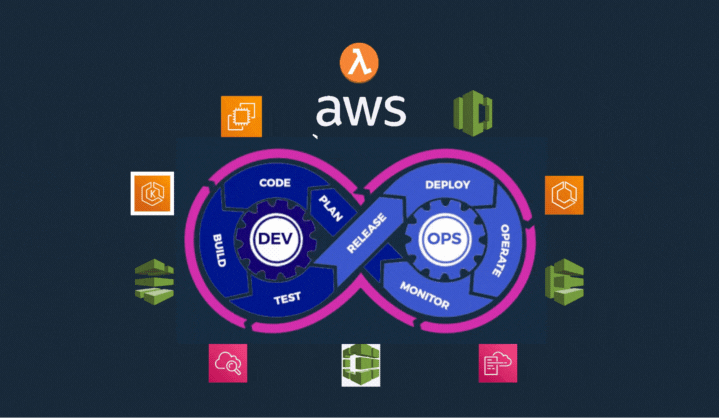
DevOps has revolutionized how software is developed, tested, and deployed, bringing together teams and automating processes. AWS (Amazon Web Services), one of the most popular cloud platforms, offers a wide range of services to help implement DevOps practices. However, there are many alternative tools that provide similar functionalities. In this blog, we'll explore key AWS DevOps services and their alternatives to help you understand the ecosystem and make informed decisions.
1. AWS CodePipeline – CI/CD Automation

AWS CodePipeline is a continuous integration and continuous delivery (CI/CD) service that automates the steps required to release your software. It integrates with many other AWS services to create a streamlined pipeline for building, testing, and deploying applications.
Features:
Automated end-to-end software release process
Integration with GitHub, Bitbucket, Jenkins, and others
Customizable workflows
Supports manual approvals
Alternative:
Jenkins: An open-source automation server that supports building, deploying, and automating projects. Jenkins is highly customizable with a large plugin ecosystem.
GitLab CI/CD: Integrated within GitLab, it allows for seamless CI/CD pipelines with great version control.
CircleCI: A cloud-based CI/CD service offering fast builds and integrations with popular development tools.
2. AWS CodeBuild – Continuous Integration
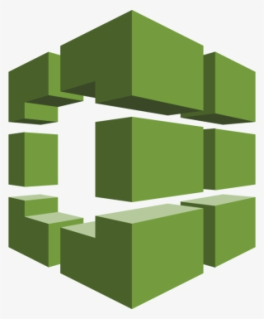
AWS CodeBuild is a fully managed build service that compiles source code, runs tests, and produces software packages that are ready to deploy.
Features:
Fully managed, scalable build service
Pay-as-you-go pricing
Support for multiple languages and build environments
Alternative:
Travis CI: A CI service that integrates well with GitHub and provides a simple, configurable build environment.
GitHub Actions: GitHub's native CI/CD solution with deep integration into GitHub repositories.
Bamboo: From Atlassian, Bamboo offers CI/CD pipelines with support for multiple languages and integrations with tools like Jira and Bitbucket.
3. AWS CodeDeploy – Automated Application Deployment
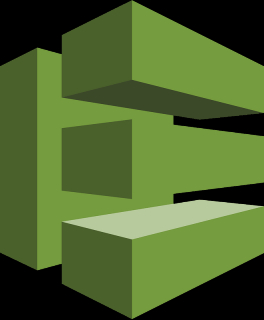
AWS CodeDeploy automates code deployments to any instance, including Amazon EC2 instances, on-premise servers, and Lambda functions. It reduces downtime and ensures that updates to your application are deployed seamlessly.
Features:
Supports blue/green and rolling deployment strategies
Tracks the progress of deployments
Integrated with other AWS services like EC2, Lambda, and ECS
Alternative:
Ansible: An open-source tool used for application deployment, configuration management, and orchestration.
Octopus Deploy: A powerful tool that automates the deployment of applications to multiple environments.
Spinnaker: An open-source continuous delivery platform developed by Netflix, known for its multi-cloud deployment support.
4. Amazon Elastic Container Service (ECS) – Container Orchestration

Amazon ECS is a highly scalable and fast container management service that makes it easy to run, stop, and manage Docker containers in a cluster.
Features:
Deep integration with AWS services
Support for Docker containers
Can run on EC2 or Fargate (serverless)
Alternative:
Kubernetes (K8s): The most popular container orchestration platform, Kubernetes is known for its extensive features and flexibility in managing containerized applications.
Docker Swarm: A native clustering and orchestration tool for Docker containers.
OpenShift: Red Hat’s Kubernetes-based platform that provides additional tools and features for container orchestration.
5. Amazon Elastic Kubernetes Service (EKS) – Managed Kubernetes
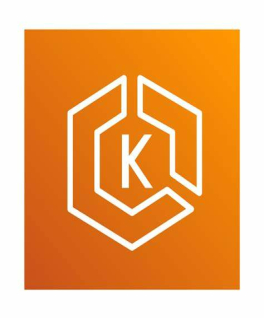
Amazon EKS is a managed Kubernetes service that helps you run Kubernetes on AWS without the need to install and manage your own control plane.
Features:
Fully managed Kubernetes control plane
Integrated with other AWS services like IAM, ELB, and CloudWatch
Automatic scaling and updates
Alternative:
Google Kubernetes Engine (GKE): Google’s managed Kubernetes service, known for its performance and deep integration with Google Cloud services.
Azure Kubernetes Service (AKS): Microsoft’s fully managed Kubernetes service with excellent support for hybrid environments.
Rancher: An open-source container management platform that provides full control over your Kubernetes clusters.
6. AWS CloudWatch – Monitoring and Logging

Amazon CloudWatch is a monitoring and observability service for AWS Cloud resources and applications. It provides real-time data on system performance, metrics, and logs.
Features:
Centralized logging
Metrics for AWS resources and applications
Alerts and alarms based on thresholds
Alternative:
Prometheus + Grafana: Prometheus is an open-source system monitoring toolkit with flexible alerting, while Grafana is often used to visualize these metrics.
Datadog: A cloud monitoring service offering deep insights into application and infrastructure performance.
ELK Stack (Elasticsearch, Logstash, Kibana): A popular open-source platform for monitoring, analyzing, and visualizing logs and metrics.
7. AWS CodeCommit – Version Control
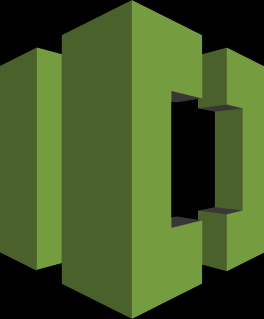
AWS CodeCommit is a fully managed source control service that hosts secure Git-based repositories.
Features:
Managed Git repositories
Secure and scalable with AWS IAM integration
Integration with other AWS DevOps services
Alternative:
GitHub: The most widely used version control service, offering both public and private repositories with collaboration tools.
GitLab: A full DevOps platform with built-in version control and CI/CD pipelines.
Bitbucket: Atlassian's version control system with integration into Jira and Bamboo for CI/CD.
8. AWS CloudFormation – Infrastructure as Code (IaC)

AWS CloudFormation allows you to model, provision, and manage AWS and third-party resources by treating infrastructure as code.
Features:
Template-driven infrastructure
Automates and standardizes resource deployment
Supports AWS and third-party services
Alternative:
Terraform: A popular open-source IaC tool that supports multiple cloud providers, including AWS, Azure, and Google Cloud.
Pulumi: A newer IaC tool that allows you to define infrastructure using modern programming languages like Python, JavaScript, and Go.
Ansible: In addition to configuration management, Ansible supports Infrastructure as Code with easy-to-read YAML-based playbooks.
9. Amazon EC2 – Compute Services

Amazon EC2 provides scalable compute capacity in the cloud. It allows you to launch virtual machines with various configurations.
Features:
Customizable instance types
Elastic scaling
Pay-as-you-go pricing
Alternative:
Google Compute Engine: Google’s IaaS service offering virtual machines with custom configurations.
Azure Virtual Machines: Microsoft’s equivalent to EC2, allowing for flexible deployment and scaling.
DigitalOcean: A simple cloud platform providing virtual machines (droplets) and an easy-to-use interface for developers.
10. AWS Lambda – Serverless Compute
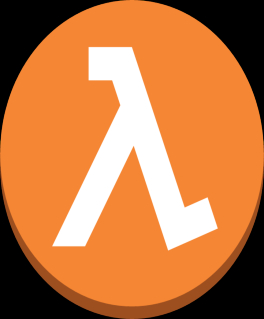
AWS Lambda is a serverless compute service that lets you run code without provisioning or managing servers. You only pay for the compute time you consume.
Features:
Fully managed service
Pay-per-execution pricing model
Integrates with various AWS services
Alternative:
Google Cloud Functions: Google’s serverless compute offering, integrating with GCP services.
Azure Functions: Microsoft’s serverless platform for event-driven executions.
OpenFaaS: An open-source framework for serverless functions with support for Docker and Kubernetes.
Conclusion
AWS DevOps services provide a comprehensive suite of tools to help you automate software development, deployment, and monitoring. However, depending on your needs, alternative tools from other cloud providers or open-source communities may offer additional flexibility, features, or pricing advantages.
Choosing the right tools for your DevOps pipeline depends on your team’s expertise, the complexity of your applications, and your long-term scalability needs. Always consider the trade-offs between different services and evaluate them in the context of your project requirements.
Happy automating!
Subscribe to my newsletter
Read articles from Harshit Sahu directly inside your inbox. Subscribe to the newsletter, and don't miss out.
Written by

Harshit Sahu
Harshit Sahu
Enthusiastic about DevOps tools like Docker, Kubernetes, Maven, Nagios, Chef, and Ansible and currently learning and gaining experience by doing some hands-on projects on these tools. Also, started learning about AWS and GCP (Cloud Computing Platforms).